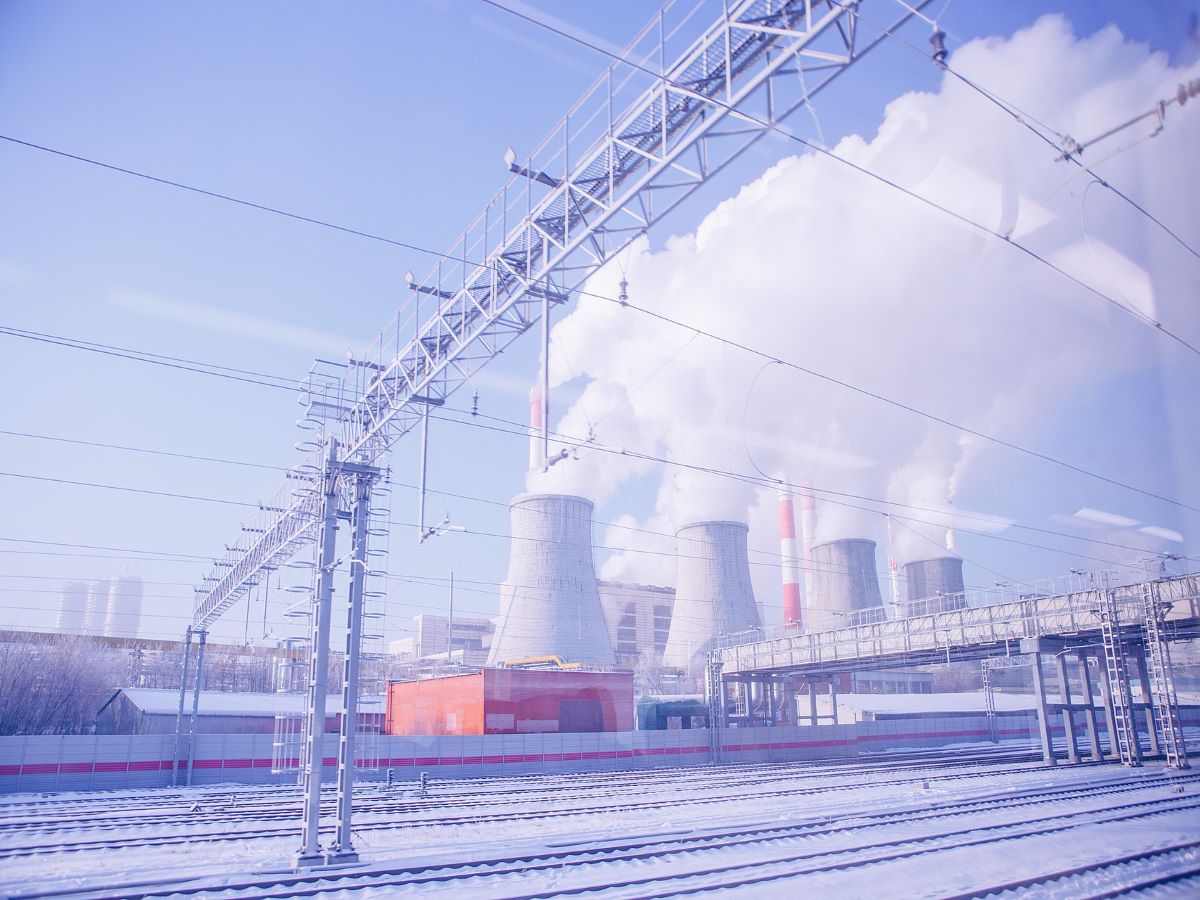The Trustee Board of the National Grid Pension scheme decided in October that the scheme will divest from thermal coal, CIO Rob Schreur told portfolio institutional.
The scheme, which manages more than £14bn in assets across its UK and US funds, has confirmed the divestment across its UK portfolio. Earlier this year, the scheme also awarded a £185m real asset mandate to Octopus Renewables to invest in solar- and wind energy plants.
National Grid joins other pension schemes, including £68bn University Superannuation Scheme USS, which announced in June this year that it would divest from companies deriving more than 25% of their profits from thermal coal. Over the next two years, it intends to divest from all fossil fuel manufacturers.
National Employment Savings Trust (Nest) also announced this summer its plans to divest from fossil fuels. In the first instance, the DC scheme intends to sell all holdings of companies involved in coal mining, extracting oil from tar sands and arctic drilling. Nest intends to shift around £5.5bn of its equity investments into funds with a climate aware tilt. As part of this divestment strategy, the auto enrolment provider has for example sold all remaining shares in mining giant BHP in August.
In July, Australia’s second largest pension fund, $83bn First State Super, also committed to divesting from companies that derive more than 10% of their revenue from thermal coal as of October this year, a move which is aimed at dramatically reducing its carbon footprint over the next ten years.
Phasing out thermal coal is one of the key targets for investors wishing to address climate change due to its high CO2 content. It is also a demand that is backed by financial incentives. Thermal coal has been identified as one of the sectors at risk of becoming a stranded asset due to climate change, resulting in potential losses for investors.
For the time being, divesting from coal is a move that is still attached to a short-term cost. Within the FTSE100, some of the biggest mining firms that still extract thermal coal have seen their share price rise over the past five years. Examples include Anglo American, whose share price has risen from 726GBX to 1,944GBX over the past five years, and BHP, which still holds a significant coal business and has seen its share price rise from 1,194GBX to 1,654 GBX.
In the longer-term, institutional investors could benefit from divesting, as mining firms face a challenging profit outlook. Earlier this year, facing investor pressure and an adverse growth outlook, both Anglo Amercian and BHP have committed to selling the remainder of their thermal coal business within the next two years. However, they could struggle to find a buyer as thermal coal extraction has become increasingly hard to insure.




